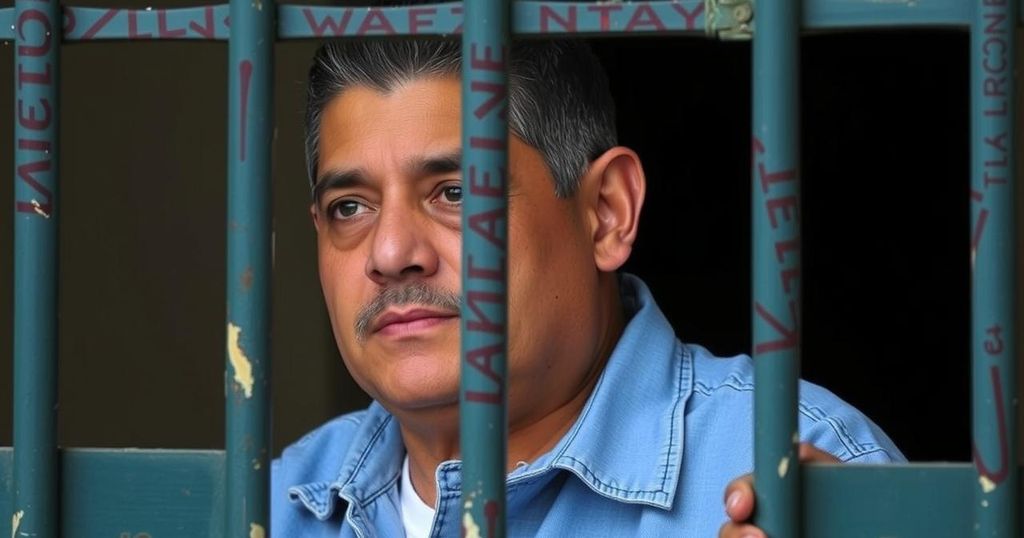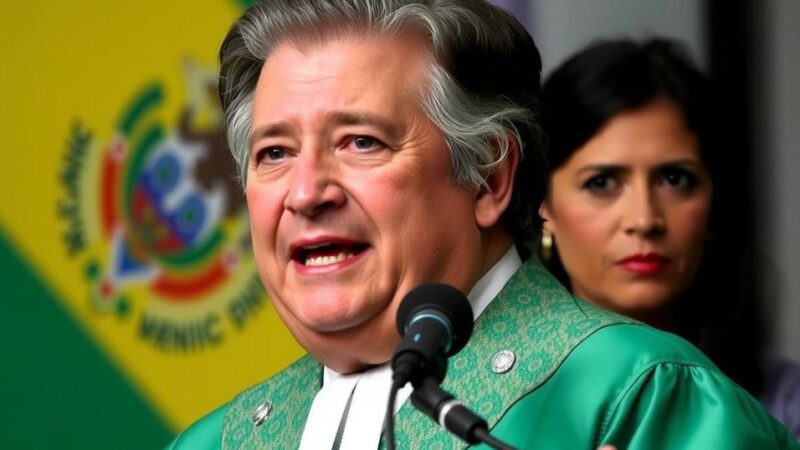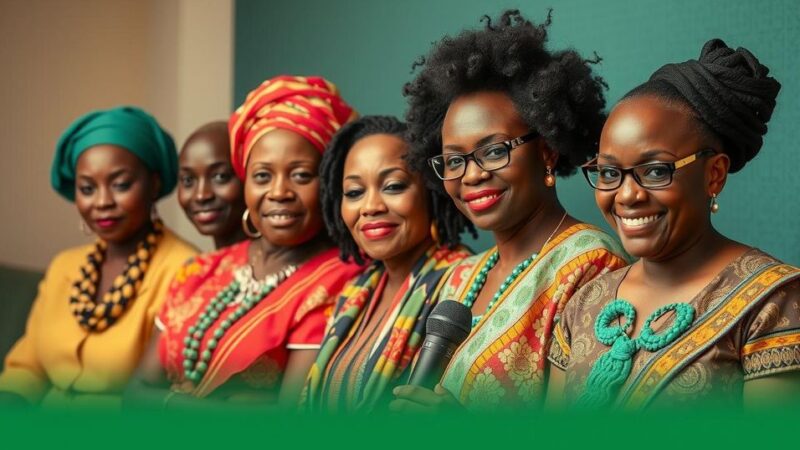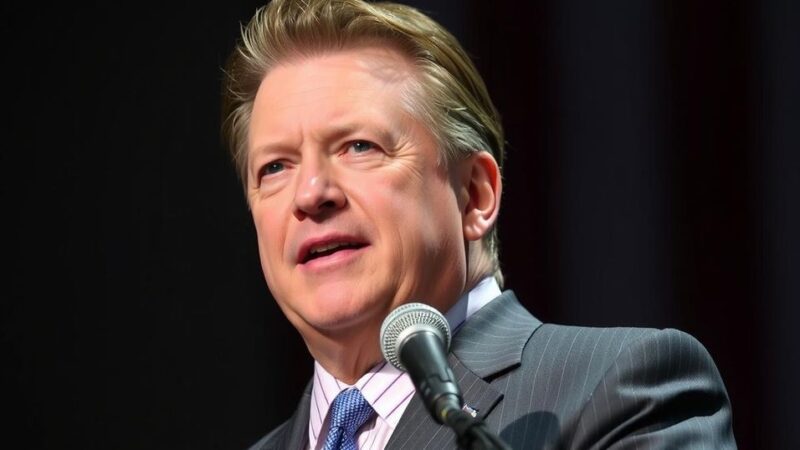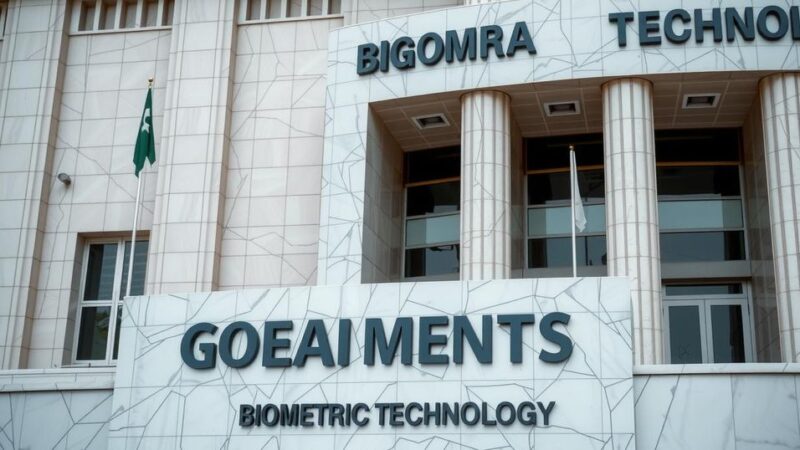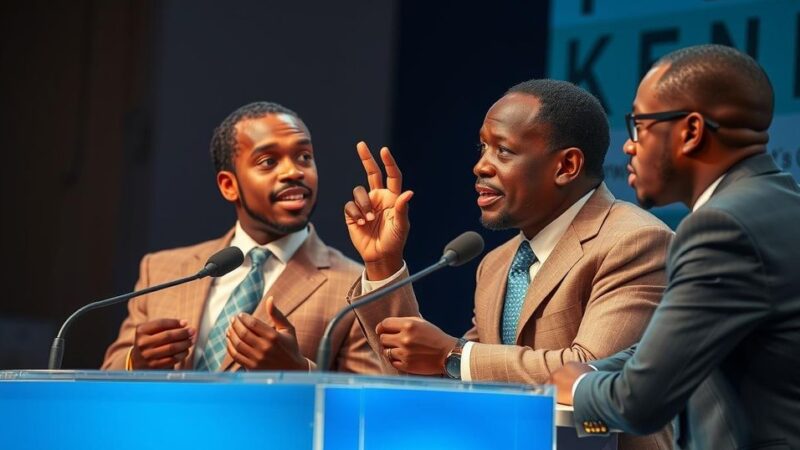The Venezuelan Chief Prosecutor announced that about 25% of those detained during the civil unrest after the July election have received release orders, amid international pressure and a crackdown on dissent that led to numerous arrests and fatalities.
In a recent announcement, Venezuelan Chief Prosecutor Tarek William Saab revealed that approximately 25% of individuals detained during the unrest following the July presidential election have been granted prison release orders. Mr. Saab stated on Instagram that his office had requested 533 release measures, which were subsequently approved by the judicial authority. However, it remains unclear how many of these release orders have been successfully executed.
The violent fallout from the July 28 election led to widespread accusations of fraud and more than 2,000 arrests of both adults and minors. In response to rising international pressure regarding the crackdown, including the deaths of at least 24 individuals linked to security forces’ actions, President Nicolás Maduro initiated a review of the cases. This unrest followed the competing claims of victory from both the governing party and the opposition, significantly escalating tensions within the country.
International condemnation from entities such as the United States and the European Union has intensified, with demands for the Venezuelan National Electoral Council to provide detailed voting records. These calls for transparency are in direct response to allegations from Maduro’s opponents indicating that their candidate, Edmundo González, won the election by a substantial margin. González himself has since fled to Spain following a warrant for his arrest issued by Mr. Saab’s office.
Despite the governmental crackdown, the global community continues to advocate for the rights of those detained during the protests, marking a crucial point in Venezuela’s ongoing political crisis.
Venezuela has been experiencing significant political turmoil, particularly following the contentious July presidential election. Accusations of electoral fraud led to mass protests and a brutal crackdown by security forces, resulting in significant casualties and arrests. The legal system in Venezuela operates under the heavy influence of the governing party, complicating the process for those seeking justice or release from detention. This situation has drawn widespread attention and condemnation from international organizations and governments, prompting calls for accountability and transparency.
In conclusion, the recent statement by Attorney General Tarek William Saab regarding the release of a portion of those detained during the post-election unrest highlights the ongoing human rights challenges faced in Venezuela. The political landscape remains fraught, with both domestic and international pressures shaping the future of governance and civil liberties in the country. The situation underscores the need for continued advocacy for human rights and electoral integrity in Venezuela.
Original Source: apnews.com
